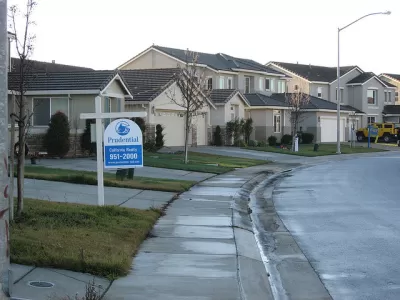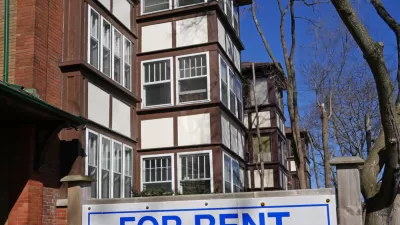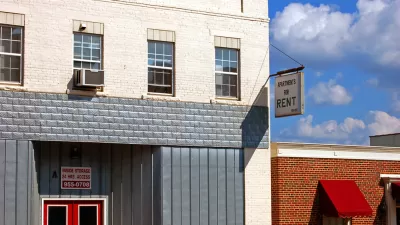Trulia has undertaken an in-depth analysis of American Community Survey data to reveal some of the impacts of the recession on the housing market.

"To get a clearer picture of who lost out on the American Dream of homeownership, we used the American Community Survey data from 2006 to 2014 to uncover who saw the biggest shift from being a homeowner to a renter by age, gender, race, and income in the 50 largest U.S. metros," according to a post by Mark Uh for Trulia.
In total, the number of homeowners that became renters might seem surprisingly low. "From the top of the housing bubble roughly a decade ago until just recently, there’s been a five percentage-point increase in the number of renters to owners to 43.3% from 38.5%," writes Uh.
But taking a closer look at demographic groups and around the country, a more nuanced portrait of the impacts of the Great Recession on homeowners emerges. The article includes a lot more data and insight into each of the trends described by the data.
FULL STORY: From Own To Rent: Who Lost The American Dream?

Trump Administration Could Effectively End Housing Voucher Program
Federal officials are eyeing major cuts to the Section 8 program that helps millions of low-income households pay rent.

Planetizen Federal Action Tracker
A weekly monitor of how Trump’s orders and actions are impacting planners and planning in America.

Ken Jennings Launches Transit Web Series
The Jeopardy champ wants you to ride public transit.

Washington Legislature Passes Rent Increase Cap
A bill that caps rent increases at 7 percent plus inflation is headed to the governor’s desk.

From Planning to Action: How LA County Is Rethinking Climate Resilience
Chief Sustainability Officer Rita Kampalath outlines the County’s shift from planning to implementation in its climate resilience efforts, emphasizing cross-departmental coordination, updated recovery strategies, and the need for flexible funding.

New Mexico Aging Department Commits to Helping Seniors Age ‘In Place’ and ‘Autonomously’ in New Draft Plan
As New Mexico’s population of seniors continues to grow, the state’s aging department is proposing expanded initiatives to help seniors maintain their autonomy while also supporting family caregivers.
Urban Design for Planners 1: Software Tools
This six-course series explores essential urban design concepts using open source software and equips planners with the tools they need to participate fully in the urban design process.
Planning for Universal Design
Learn the tools for implementing Universal Design in planning regulations.
Heyer Gruel & Associates PA
Ada County Highway District
Institute for Housing and Urban Development Studies (IHS)
City of Grandview
Harvard GSD Executive Education
Toledo-Lucas County Plan Commissions
Salt Lake City
NYU Wagner Graduate School of Public Service





























